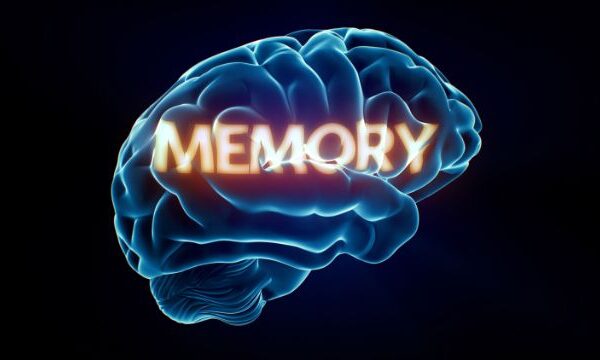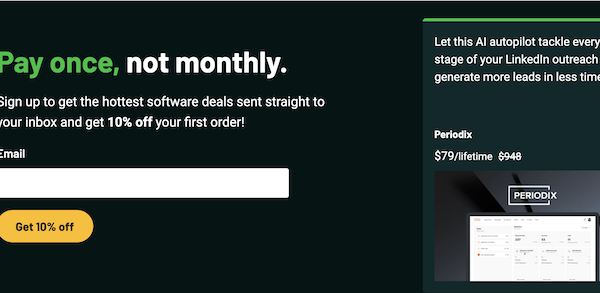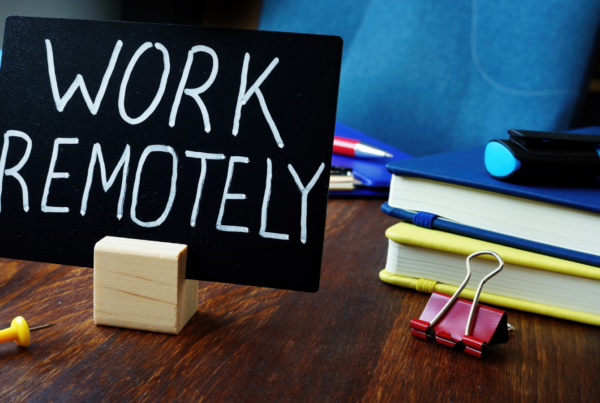Alvin Toffler predicted the challenges of a world driven by digital technology.
He predicted we’d feel disoriented by the rapid change. And feel overwhelmed by information overload. So, how can we overcome these challenges?
First, let’s understand the difference, and the interplay, between information and knowledge. Then let’s get clear about what we want to optimize for, and why we want to optimize for it.
Spoiler alert: I’ll suggest we want to optimize for knowledge over mere information.
Information vs. Knowledge
Information is not knowledge, but you need information to create knowledge. To create knowledge you need a combination of experience and information.
In other words, you need to have the experience of trying to get a result. And the experience of meeting challenges in attempting to do so.
School is not helpful in creating knowledge
The education system was optimized to impart information, not knowledge. We may have been trained to call what we received in school “knowledge,” but that’s not accurate.
The only knowledge in schools is stored in the minds of professors. Assuming they learned something from concrete experiences (which many of them did not).
When a professor speaks to a student they are imparting information. And the only way a student can transform information into knowledge is on their own, through direct experience.
The limits of knowledge
To succeed in the world, it helps to be able to know the limits of one’s knowledge. Also, it helps to know if one is lacking information.
You have to be able to accurately self-assess these things or you’ll make poor decisions as you move through life (i.e. confronting challenges and attempting to create results you want).
What is it that prevents us from making proper self-assessments? Ego, hubris, ignorance, complacency in our thinking. Yes, all of those things for sure.
But one thing that underlies these things is that most of us are not aware of the true source of most of our problems.
That is, we don’t have true knowledge of our own minds, and our tendencies to make decisions in certain ways that are inherently prone to error.
Creativity leads to knowledge
Building up knowledge is an act of creativity. Engaging in creative acts helps us build knowledge at a higher level. Usually, this happens when we’re in a creative state of mind.
Because a creative mind is free-flowing, open, and curiously exploring. Then new insights can arrive more easily —unfettered by “rules” on “expectations.”
When you are trying to follow a prescribed path or doing what you’re “supposed to” do, you’re less likely to have a truly new perspective.
Insights are the product of new perspectives. That’s why insights are what lead to new discoveries.
Rule-following is a dead end
Adhering to rules or rigid beliefs impairs one’s ability to gain insight, or discover new things.
It’s shocking to realize that school is more about teaching rules and enforcing them than helping students gain insight (or even knowledge). We have been conditioned to believe that school is one thing when it’s actually something else altogether.
To see the truth of what school actually does is to become like the child in the story about The Emperor’s New Clothes.
It’s shocking to suddenly realize what our education system actually is (while surrounded by so many people who do not see the truth). They can’t see the truth because their conditioned beliefs prevent them from doing so.
Wisdom comes from insight
Wisdom is borne of a collection of powerful insights. It’s not constrained by conformity or conditioned beliefs. Wisdom is a superpower.
The modern world requires creativity & wisdom
The need for creativity is greater now because the world is changing so much, and so fast. Following ”rules” or prescribed paths is not a good strategy now. Success depends on being flexible and adaptable in the fast-changing circumstances that we’re now in.
Yes, the process of creativity feels awkward at first (because you’ve let your ‘ ‘creative muscles” atrophy). I say “atrophy” because, as kids, we were all naturally creative.
We learned naturally by observation, by exploring the world guided by our curiosity.
There were no rules we could follow to learn and build up our initial body of knowledge.
We figured things out on our own. That’s the natural state in which to learn and grow.
Obedience is the opposite of creativity
Having teachers at school was more about having authority figures to obey. That effort of obeying is directly counter to natural learning.
It’s counter to the creation of knowledge and wisdom.
Society optimizes for conformity
Society has an agenda, and it needs its constituents to be uniform, and share a common understanding of how to behave.
Social order requires us to know the rules so we can obey them, or at least accept punishment if we do not obey.
Creativity is an inherently anti-authoritarian act because it ignores the fog of rules and permissions. We didn’t need rules or permission to learn when we were very young.
We still don’t. But, sadly, many of us have been conditioned to believe that we do.
Unlearning and Learning
Alvin Toffler said that to navigate this fast-changing world we’d need to acquire a new kind of “literacy.” Specifically, he said we’d need to develop the ability “to learn, unlearn and relearn” to adapt the fast pace of change.
I submit that what he’s talking about is a form of creativity. The kind of creativity that was natural to us when we were very young.
Back then learning, unlearning, and relearning was what we did naturally. And that’s what we need to start doing again.
Bottom Line
A creative mindset is what’s needed to thrive in a fast-changing world. And so, we should optimize for mind-stretching creativity, not mindless conformity.
General Resources
- Check out my Inner Circle (to participate in ongoing discussions about tech tools I discuss and recommend)
- Check out this Law-Tech Assessment if you want specific recommendations for improving based on the technology you’re using in your practice
- Click for a list of the Best Tech Tools for Lawyers
- Subscribe to: The 80/20 Principle newsletter (it’s free)
Use technology to radically improve your law practice by focusing on the few core elements that have the biggest impact.






